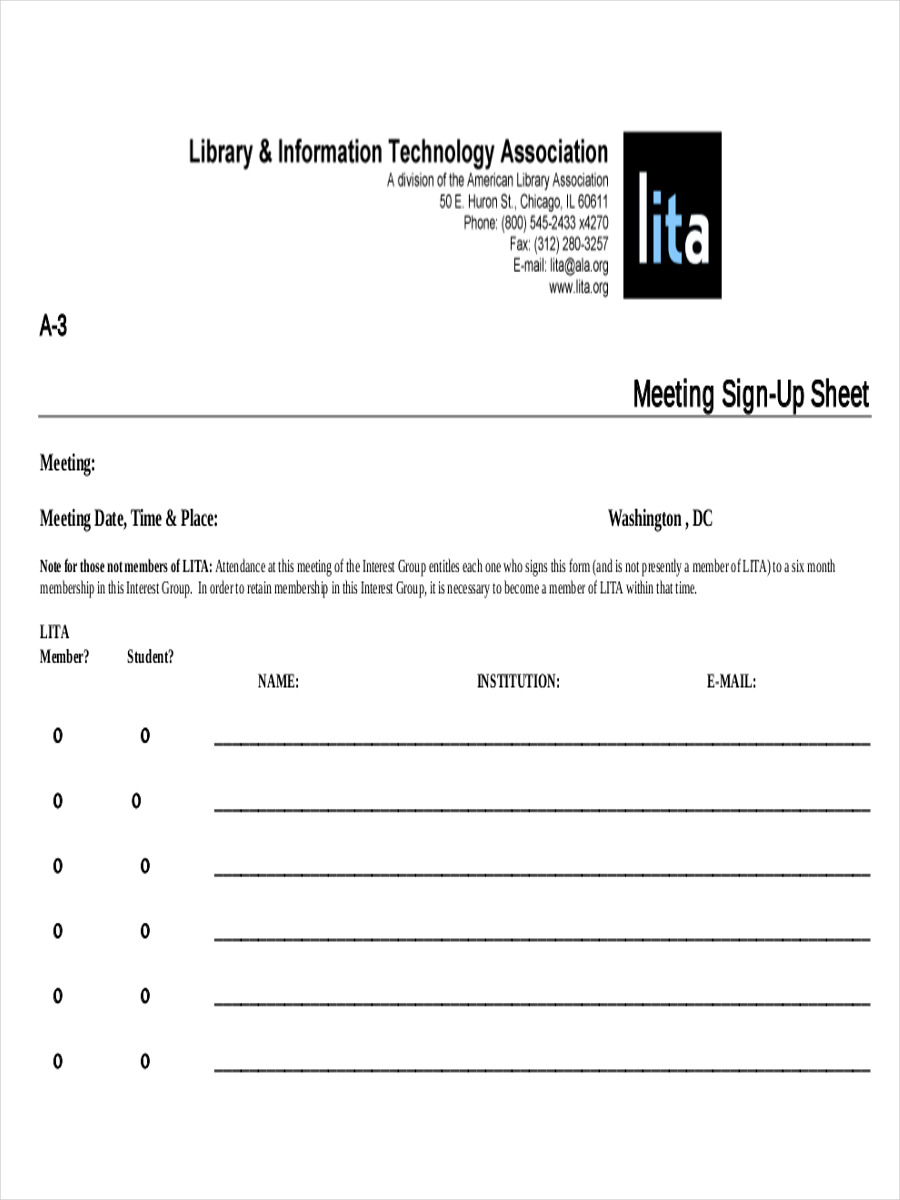
Why does Elisha order her to borrow as many empty vessels as she can? ( So she could fill the vessels with oil, to sell and pay her debt off) Why is the widow crying out to Elisha? ( Her husband has died and a creditor has come to sell her children because she is unable to pay her debt.) This story took place during the reign of King Joram (Hindson, p.174) The widow sells the jars of oil and is able to pay off her debt with the money.

When the widow gets all the jars, she is all able to fill everyone with even more oil left over. Elisha tells her to gather all the jars she can, even from her neighbors. The widow informs Elisha all she has are some empty jars for oil. A creditor threatens to sell the widow’s sons in slavery. Resulting in his wife becoming a widow and unable to her debts. List basic observations about this passage using the “Key Question” for observation.Ī servant of Elisha dies. Resolution: The widow is able to pay off her debts to the creditor.Ĭ. The widow and her sons realize that God supplied not just enough but a surplus of oil. She brings all the jars into her house and closes the door with her sons.Ĭlimax: The widow is able to fill up all of the jars that she has. The widow sold the jars of oil to pay off her debts.Ī widow telling Elisha that her husband is dead and a creditor wants to sell her sons into slavery.Įlisha orders the woman to borrow as many empty jars of oil as she can from her neighbors.

The widow was able to fill up every jar and more. And she gets home to close the door with her sons and fill each jar. Elisha orders her to borrow all the empty jars she can from her neighbors. So Elisha asked her what she has, she replies just some empty jars for oil. Identify the basic elements of the story you are studyingĪ widow came to Elisha, once a creditor came to her house claiming she must pay her debt or her sons would be sold as slaves. You will find a copy of the NASB, ESV, CSB, and NLT in your myWSB Library.ī.

I have read 2 Kings 4:1–7 in both a formal translation (KJV, NKJV, NASB, ESV, or CSB)Īnd a functional translation (NIV, NLT, or NCV).


 0 kommentar(er)
0 kommentar(er)
